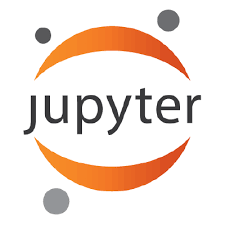AI-powered code assistants, such as Copilot, are quickly becoming a ubiquitous component of contemporary coding contexts. Among these environments, computational notebooks, such as Jupyter, are of particular interest as they provide rich interface affordances that interleave code and output in a manner that allows for both exploratory and presentational work. Despite their popularity, little is known about the appropriate design of code assistants in notebooks. We investigate the potential of code assistants in computational notebooks by creating a design space (reified from a survey of extant tools) and through an interview-design study (with 15 practicing data scientists). Through this work, we identify challenges and opportunities for future systems in this space, such as the value of disambiguation for tasks like data visualization, the potential of tightly scoped domain-specific tools (like linters), and the importance of polite assistants.
翻译:联合驾驶等AI动力代码助理正在迅速成为当代编码环境的无处不在的组成部分,在这些环境中,如Jupyter等计算笔记本特别令人感兴趣,因为它们提供了丰富的界面,以允许探索和演示工作的方式提供断开代码和输出的功能。尽管它们很受欢迎,但对笔记本中代码助理的适当设计却知之甚少。我们通过创建设计空间(根据对现有工具的调查加以改编)和通过访谈设计研究(有15名实践数据科学家)来调查计算笔记本中的代码助理的潜力。 通过这项工作,我们查明了这一空间未来系统的挑战和机会,例如对数据可视化等任务的模糊价值、严格范围特定域工具(如Linters)的潜力以及礼貌助理的重要性。





